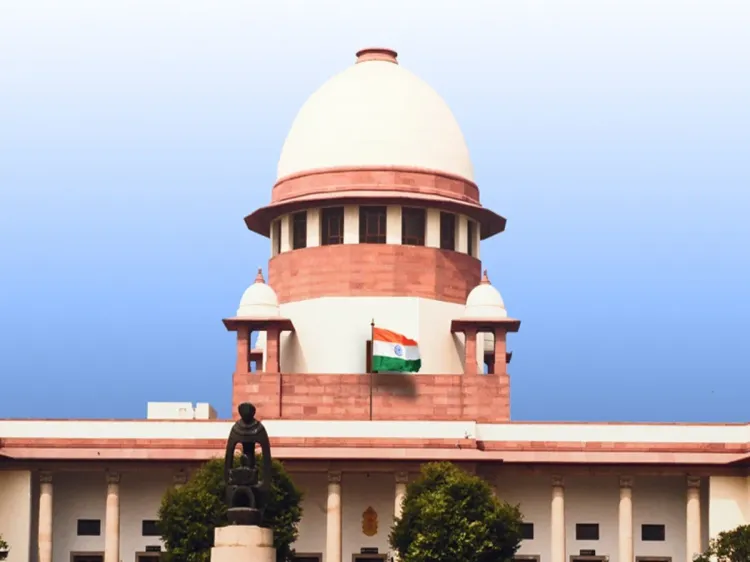Did the Supreme Court Dismiss the PIL Against E20 Petrol Rollout?

Synopsis
Key Takeaways
- The Supreme Court dismissed the PIL against E20 petrol rollout.
- E20 petrol offers advantages like reduced carbon emissions.
- The rollout may pose risks for older vehicles.
- Attorney General emphasized benefits for farmers.
- The decision highlights the need for careful consideration of consumer safety.
New Delhi, Sep 1 (NationPress) The Supreme Court has rejected a public interest litigation (PIL) that questioned the Centre's unregulated launch of E20 petrol (a blend consisting of 20 percent ethanol) as the standard petrol option. The petition argued that enforcing E20 in a largely non-compatible vehicle fleet, notably those manufactured before April 2023, could result in material degradation, safety hazards, and loss of mileage as well as denials on warranties and insurance claims.
In response, Attorney General R. Venkataramani, representing the Centre, contended that the PIL’s author was merely a “name-lender” and suggested that a lobby was behind the case. Venkataramani emphasized that outside influences should not dictate the type of petrol supplied, asserting that the E20 rollout is advantageous for sugarcane farmers.
After reviewing the arguments, a Bench led by Chief Justice B.R. Gavai and Justice K. Vinod Chandran dismissed the petition. The PIL claimed that the introduction of E20 petrol as the primary fuel option jeopardized informed consumer choice and constituted unfair trade practices as per the Consumer Protection Act, 2019, while also infringing on Articles 19 and 21 of the Constitution.
According to the petition, mandating E20 amounted to arbitrary government action in violation of Articles 14, 19(1)(g), 21, and 300A of the Constitution, especially due to the lack of phased implementation, safeguards, or alternative options at retail. Moreover, the petition noted that both the government and the industry recognized the efficiency loss associated with E20 without engine modifications, while E10 was proposed as a protective fuel. However, the current rollout disregards these prerequisites and established international standards that require pump disclosures and the coexistence of lower-blend options.
The Union Ministry of Petroleum and Natural Gas has asserted that E20 petrol offers improved acceleration, enhances ride quality, and has reduced carbon emissions by around 30 percent compared to E10 fuel. It is important to mention that Brazil has been successfully utilizing E27 for years without any issues. The same car manufacturers, including Toyota, Honda, and Hyundai, produce vehicles there as well, according to the ministry's statement. Despite rising ethanol prices compared to petrol, oil companies have maintained the ethanol blending mandate, highlighting its contributions towards energy security, farmers’ income, and environmental sustainability.





